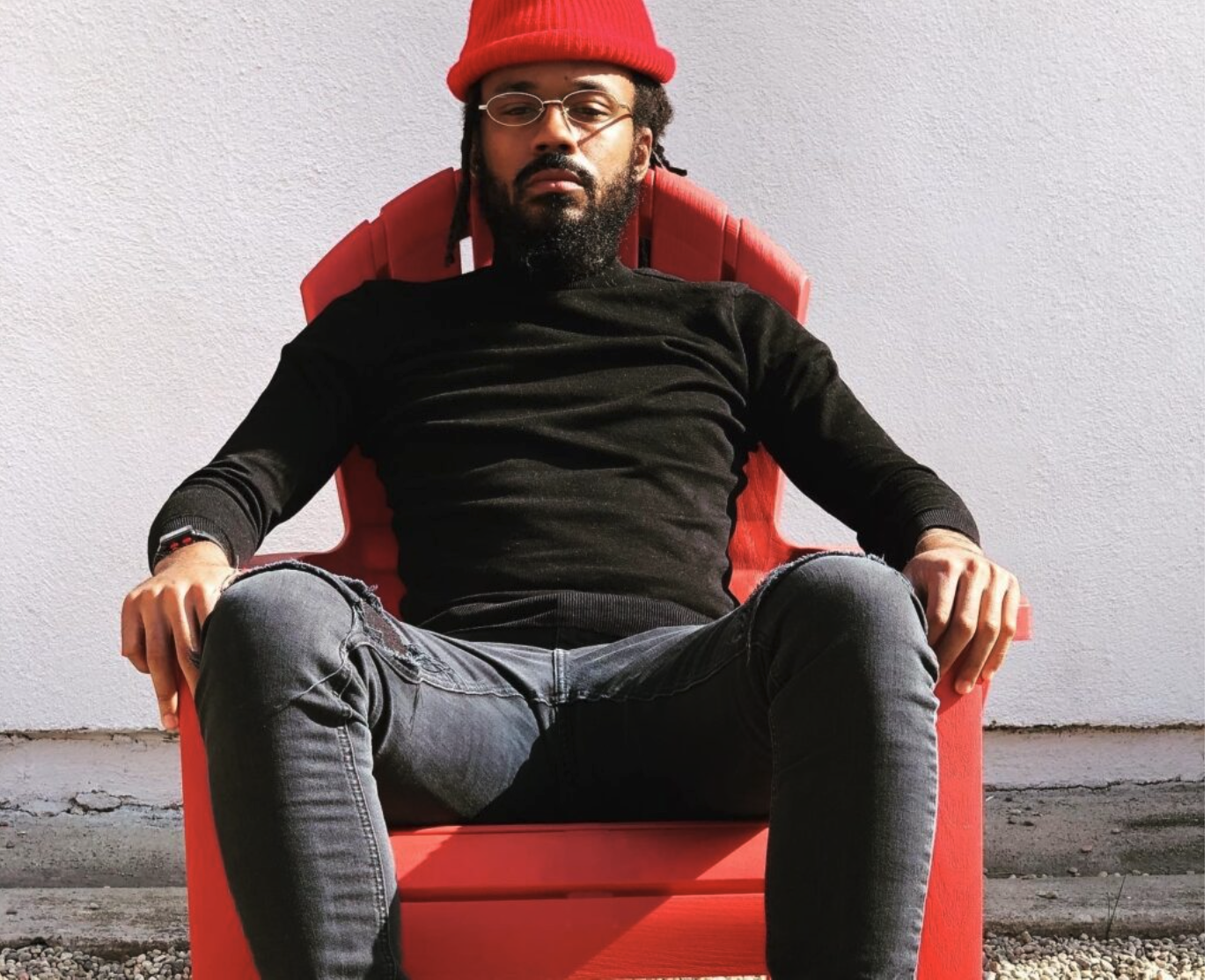Charles A. Smith Jr. Class of 2008
Interview by Aneara Burns. Photo courtesy of Lafayette College.
Collegiate has always encouraged students to be self-sufficient citizens who contribute actively to their communities, and to never forget where they came from. I had the pleasure of talking to Charles A. Smith Jr. about his passion for activism, time at Collegiate and college experiences.
Aneara: What college did you attend, and what was your major?
Charles: I was in the first Posse class at Lafayette College. My major was international economics and commerce.
Aneara: How did being a Posse scholar impact your college experience?
Charles: We had about 11 people in my cohort, and the way that it worked out on paper made sense, but in reality, being a Washingtonian, and going into a new situation where you have to blend with other cultures that are not as rich as our culture was difficult. At the time they only provided us with full tuition. In 2008, my sophomore year, Posse moved to providing full tuition as well as room and board due to a protest that I organized. We were advocating for the classes that would come after us, because it did not make sense to us to only provide full tuition.We were fighting for ourselves and also the students after us. Staying there affected my mental health. So, I pushed that limit for sure. Posse scholars today have a lot more advantages than we did for sure.
Aneara: What were some adversities you faced in college?
Charles: I mean, outside of the protests, I feel like it was a big mental hurdle to be a certain way here where we're all territorial. It was tough for me, or anyone who chooses to focus, but scientifically speaking, if you suffer trauma and you heal through that trauma, you're able to be successful at everything else.
Aneara: Do you have a passion for activism?
Charles: I would say coming from DC, you are naturally part of something, you're from somewhere and you're affiliated. And I just channeled that mindset to transition into a positive aspect and to allow for people like myself to take that position and move forward with that in a positive way.
Aneara: What is your career path?
Charles: I'm a public speaking counselor and an athletic director. But I simplify it as being a mogul. I like making connections and building connections to change the future.
Aneara: Do you feel as though Collegiate prepared you enough for college?
Charles: Collegiate was college for me. By the time I actually went to what they call college, I was mature mentally, spiritually, and physically. And it was a breeze.You learn and understand discipline here at Friendship Collegiate. And then you can run your own business like I do today.
Aneara: What is one lesson that Collegiate has taught you for life after high school?
Charles: You make it in DC and you listen to the people who are here to show you the way. If you make it in DC, you listen to the instructors like Mr. Young for example, and you follow that instruction. Then you can make it anywhere because Friendship teaches you discipline and DC teaches you survival.
Aneara: Do you have any inspirational words for the readers?
Charles: You have two regrets that you could face if you don't pay attention to what you are called to. Ask yourself, “Do you have the pain from discipline, which I talk about, or the pain from regret?” Just make sure you understand what you're doing.
Alumni Editor Aneara Burns is a junior at Arizona State University and a 2020 graduate of Friendship Collegiate Academy.

